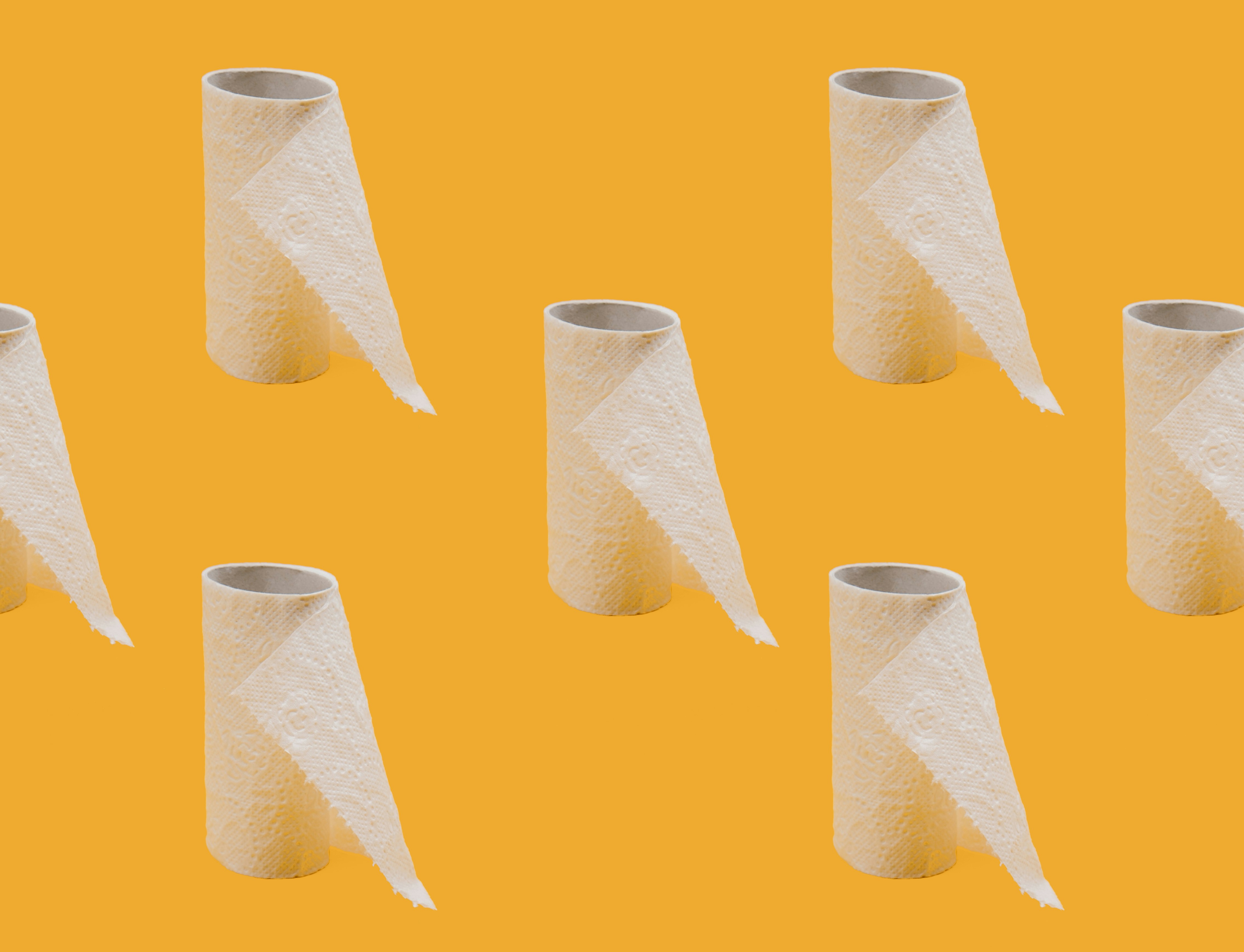25.03.2025
Can Urinating After Sex Prevent Urinary Tract Infections?

You’ve probably heard the advice that it's good to use the bathroom after sex, but have you ever wondered why? While it’s not a guarantee that you’ll be fully protected from urinary tract infections (UTIs), urinating after sex can play a key role in maintaining urinary health. In this text, we’ll explore why this is beneficial, when it’s especially important, and what other steps you can take to reduce the risk of these uncomfortable infections.
Urinating After Sex as a UTI Prevention Method: Myth or Reality?
Sexual activity increases the risk of urinary tract infections in women, as the urethra, vagina, and clitoris are close to each other, making it easier for bacteria to transfer. Urinating after intercourse can help flush out bacteria that may have entered the urethra, although urine won’t kill these bacteria but can wash them away (Bandukwala, 2023). While it’s not a foolproof way to prevent urinary infections, it can be beneficial, especially for women who are prone to these infections. For women, the short distance between the urethra and bladder makes it easier for bacteria to cause an infection. For men, urinating after sex is less helpful because their urethra is longer (Nall, 2019).
If you don’t engage in penetrative sex, the risk of urinary infections is lower, but if you have oral sex, bacteria can still be transferred into the urethra. The ideal time to urinate is within 30 minutes after sex. If you don’t feel the urge to urinate, try drinking more water or relaxing on the toilet. While it's not catastrophic if you don’t urinate, holding in urine for too long can increase the risk of urinary infections (Nall, 2019). Also, it’s important to wipe from front to back to move bacteria away from the urethra (Bandukwala, 2023).
Some people experience a burning sensation when urinating after sex, which does not necessarily mean you have a UTI. This may be the result of irritation on the outside of the body or in the vagina. To avoid irritation, it’s advisable to choose latex condoms and water-based, fragrance-free lubricants for sensitive skin (Cleveland Clinic, 2022).
It’s important to note that urinating will not prevent pregnancy, nor will it affect your chances of conception, but it doesn’t hurt to wait a few minutes before going to the bathroom if you are trying to conceive. Additionally, urinating will not prevent sexually transmitted infections (STIs), as they affect the body in a different way (Nall, 2019).
Other Preventive Measures to Reduce the Risk of Urinary Tract Infections
- Drink plenty of water and urinate frequently to naturally flush out bacteria.
- Cranberry juice may reduce the frequency of urinary tract infections and relieve symptoms.
- Use mild genital area cleansing products and avoid irritating, scented products.
- Consider changing contraception, as some contraceptives can increase bacterial growth (Bandukwala, 2023).
If you frequently experience urinary tract infections or suspect an infection, consult your doctor for advice on prevention and treatment.
Conclusion
Urinating after sexual intercourse can be a simple but effective way to reduce the risk of urinary infections, especially for women who are more prone to them. While it's not a perfect safeguard, this habit, combined with other preventive measures such as staying hydrated and using gentle hygiene products, can make a difference. However, if you regularly deal with urinary infections, the most important step is to consult a doctor who can provide the appropriate treatment and advice.
*This text is intended for informational purposes only. If you experience any symptoms, it is recommended that you seek advice from your doctor or a qualified healthcare professional.
References:
- Visuals. (2020, March 13). White tissue paper roll on blue background [Photograph]. Unsplash. https://unsplash.com/photos/Pd2hIHv95FY
- Nall, R. (2019, May 6). Peeing after sex: What to know. Healthline. https://www.healthline.com/health/peeing-after-sex
- Cleveland Clinic. (2022, February 1). Peeing after sex: Why it might help prevent urinary tract infections. Cleveland Clinic. https://health.clevelandclinic.org/peeing-after-sex
- Bandukwala, N. Q. (2023, May 7). Peeing after sex: What to know. Healthline. https://www.healthline.com/health/peeing-after-sex#penetrative-vs-non-penetrative-sex
Your trusted partner in finding medical information. We offer access to reliable resources and make it simple for you to get in touch with qualified medical service providers. Our goal is to assist you in achieving optimal health through dependable information and ongoing support, whether it's advice, a physical examination, or expert consultation.